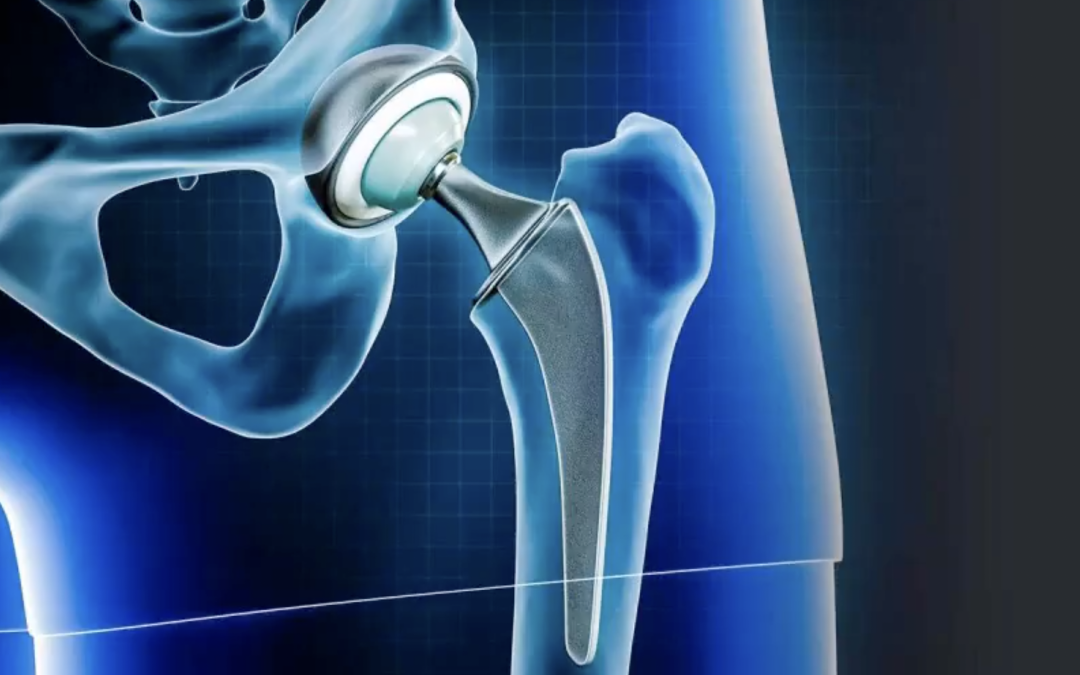Titanium has long been recognized as a highly versatile and biocompatible metal, making it an increasingly popular choice for a wide range of medical applications. As a titanium rod supplier in Indianapolis, Indiana, we have witnessed firsthand the growing demand for this remarkable material in the healthcare industry.
In this comprehensive article, we are going to explore the significance of biocompatibility, the unique properties of titanium that make it an ideal choice for medical implants, and the various applications of titanium rods in medical procedures.
The Significance of Biocompatibility in Medical Applications
Biocompatibility is a critical factor in the selection of materials for medical devices and implants. When a foreign object is introduced into the human body, the immune system may react negatively, leading to complications such as rejection, inflammation, or even tissue damage. Biocompatible materials, on the other hand, are designed to interact with the body in a way that minimizes these adverse reactions, allowing for safer and more effective medical interventions.
Titanium’s exceptional biocompatibility is a result of its unique chemical and physical properties, which make it an ideal choice for a wide range of medical applications. By understanding the advantages of titanium as a biocompatible metal, healthcare professionals can make informed decisions that prioritize patient safety and long-term positive outcomes.
Why Choose Titanium for Medical Implants?
Titanium’s biocompatibility is just one of the many reasons why it has become a preferred material for medical implants. Here are some of the key advantages that make titanium an exceptional choice:
- Corrosion Resistance: Titanium is highly resistant to corrosion, which is crucial for implants that will be exposed to the body’s fluids and tissues over an extended period. This property helps to ensure the long-term stability and integrity of the implant, reducing the risk of complications.
- Strength and Durability: Titanium is an incredibly strong and durable metal, with a high strength-to-weight ratio. This makes it an ideal material for load-bearing implants, such as hip and knee replacements, as well as dental implants and orthodontic devices.
- Osseointegration: Titanium has a unique ability to integrate with bone tissue, a process known as osseointegration. This allows for a strong and stable bond between the implant and the surrounding bone, improving the overall success and longevity of the medical procedure.
- Radiolucency: Titanium is radiolucent, meaning it does not interfere with medical imaging techniques like X-rays, CT scans, or MRI. This allows healthcare professionals to monitor the implant and the surrounding tissues without any interference from the metal.
- Hypoallergenic: Titanium is generally considered a hypoallergenic material, with a low risk of triggering allergic reactions in patients. This is particularly important for individuals who may have sensitivities to other metals commonly used in medical implants.
The Applications of Titanium Rods in Medical Procedures
Titanium rods have a wide range of applications in the medical field, particularly in orthopedic and dental procedures. Here are some of the most common uses of titanium rods in medical procedures:
- Orthopedic Implants: Titanium rod suppliers in Indianapolis, Indiana often supply the materials needed to create orthopedic implants, such as hip and knee replacements, spinal fusion devices, and fracture fixation hardware. The strength and durability of titanium make it an ideal material for these load-bearing applications.
- Dental Implants: Titanium is the material of choice for dental implants, as its biocompatibility and osseointegration properties allow for a strong and stable bond between the implant and the jawbone. Titanium dental implants are used to replace missing teeth and provide a foundation for dental prosthetics.
- Craniofacial Reconstruction: Titanium rods and plates are used in craniofacial reconstruction procedures, such as the repair of congenital deformities or injuries to the skull, face, or jaw. The biocompatibility and radiolucency of titanium make it an excellent choice for these delicate surgical procedures.
- Limb Lengthening: Titanium rods are used in limb lengthening procedures, where the bone is gradually stretched to increase the length of a limb. The strength and durability of titanium allow the rods to withstand the stresses of this process without compromising the integrity of the implant.
- Trauma Fixation: Titanium rods, plates, and screws are commonly used in the treatment of bone fractures, providing a stable and biocompatible solution for fracture fixation and healing.
As a leading titanium rod supplier in Indianapolis, Indiana, we have the expertise and resources to provide high-quality titanium products tailored to the specific needs of our healthcare clients. Our commitment to excellence and customer satisfaction ensures that you can trust us to deliver the reliable and biocompatible titanium solutions your medical procedures require.
Looking for a Titanium Rod Supplier in Indianapolis, Indiana?
If you’re looking for a trusted titanium rod supplier in Indianapolis, Indiana, you’ve come to the right place — Supra Alloys is the company to call. Our team will work with you to ensure that you receive the high-quality titanium products and personalized support you need to ensure success in the medical field. Contact us today at 1-888-647-8772 to get started.


